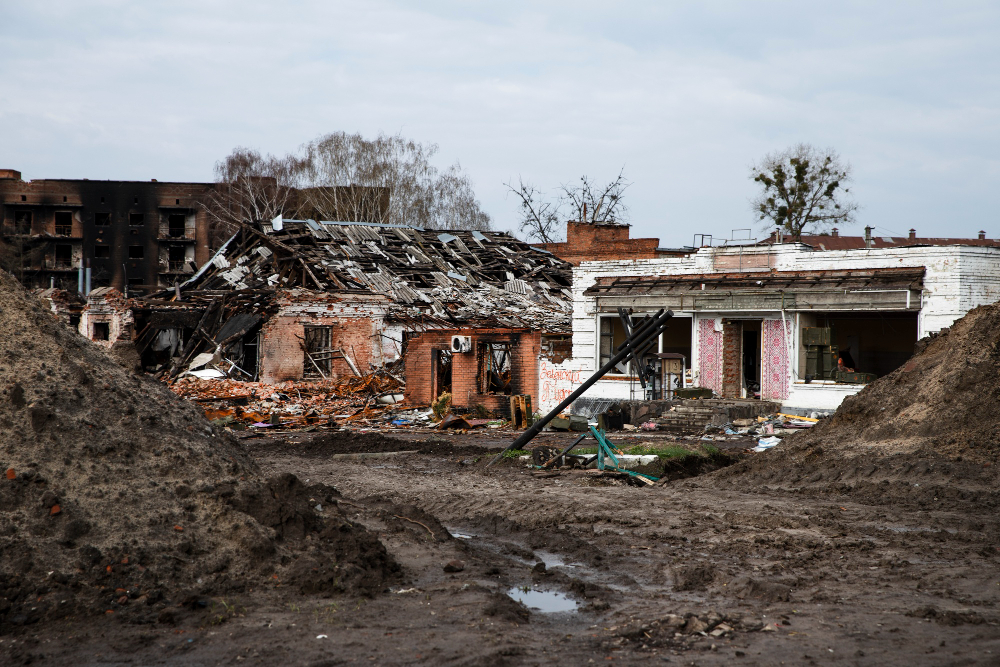 (888) 979-7969
(888) 979-7969
 (888) 979-7969
(888) 979-7969

Home is where the heart is, but it can also be where the risks are. From unexpected accidents to natural disasters, there’s an array of occurrences that can lead homeowners to file insurance claims—and understanding the common causes of these claims is crucial for both homeowners and insurers. In this comprehensive exploration, we'll dissect the primary reasons for homeowners seeking insurance and why these incidents occur.
Before we jump into the causes of claims, it’s essential to understand the vast umbrella of homeowners' insurance. This type of policy provides protection for your home and possessions, as well as liability coverage for accidents that may occur in your home or on your property. However, not all events are covered, and understanding both your policy and the most common causes for claims can help you prepare for the unexpected.
When you analyze the data from numerous claims over the years, you start to see patterns. These patterns denote particular hazards that are more prevalent in certain regions, certain types of properties, and at specific times of the year. Knowing these trends and how to mitigate risks can not only save homeowners money but also potentially save lives.
To help you guard your home against potential risks, we’ll now explore the leading causes of insurance claims, shedding light on each scenario and providing practical advice for minimizing these risks.
When Mother Nature strikes, the consequences can be catastrophic. Natural disasters such as hurricanes, tornadoes, earthquakes, and floods can cause extensive damage to homes and belongings. It’s crucial for homeowners to be aware of the types of disasters that are common in their area, and to ensure their insurance coverage is aligned with these risks.
After natural disasters, water damage is one of the most frequent and costly claims for homeowners. This can stem from a variety of sources, including burst pipes, leaky appliances, or a roof in disrepair.
Fires and lightning strikes can occur unexpectedly, but there are measures homeowners can take to reduce the likelihood of these events and to minimize damage.
Burglary is a frightening scenario for any homeowner. Understanding the vulnerabilities in your home’s security can help deter thieves and secure your property.
This malicious act can be quite disheartening for homeowners. Though it's not always preventable, there are steps to discourage vandals and protect your home.
Home appliances aren’t meant to last forever, and when they fail, the results can be costly. Regular maintenance and early detection of issues can help prevent catastrophic breakdowns.
Accidental falls within your property can lead to liability claims. Ensuring your home is free of hazards and taking steps to make your property safe can prevent these accidents.
In the event of a claim, a loss adjuster plays a significant role in determining the extent of the damage and the corresponding payout. Their role can be pivotal in ensuring that homeowners receive fair compensation.
If you find yourself in need of a loss adjuster in Orlando, FL, Ultra Property Damage offers top-tier professional services. Their expertise can guide you through the claims process, whether it’s explaining your policy, assessing the damage, or negotiating with your insurer on your behalf.
Ultra Property Damage stands out thanks to its deep understanding of the havoc that unforeseen events can inflict on a homeowner’s life and the ability to meticulously assess and document the extent of the damage. Their customer-centric approach ensures that you'll have a fierce advocate in your corner, navigating the intricate world of insurance claims with transparency and expertise.
Being well-informed about the potential risks to your home can empower you to make smarter decisions that safeguard your property and reduce the likelihood of needing to file a claim. Additionally, having a trusted loss adjuster by your side can provide peace of mind that your interests are being protected in the unfortunate event that you do need to make a claim.
Whether it’s natural disaster preparedness, maintaining your home systems, or ensuring your home security, staying vigilant and taking proactive steps can save you from unnecessary stress and financial burden. Remember, forewarned is forearmed — know the risks, take preventive measures, and be prepared to act swiftly in the face of an unforeseen challenge. If you're looking for a loss adjuster in Orlando, FL, contact Ultra Property Damage today for a free consultation.